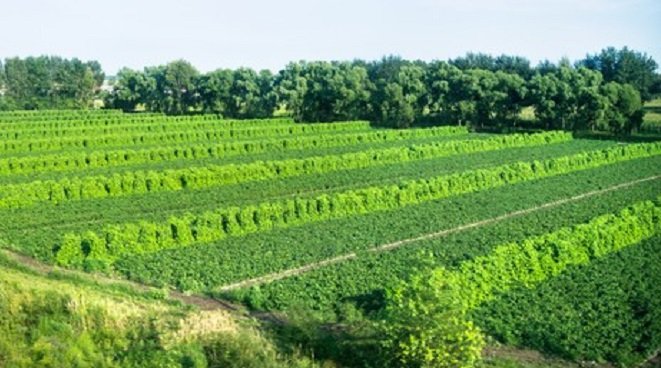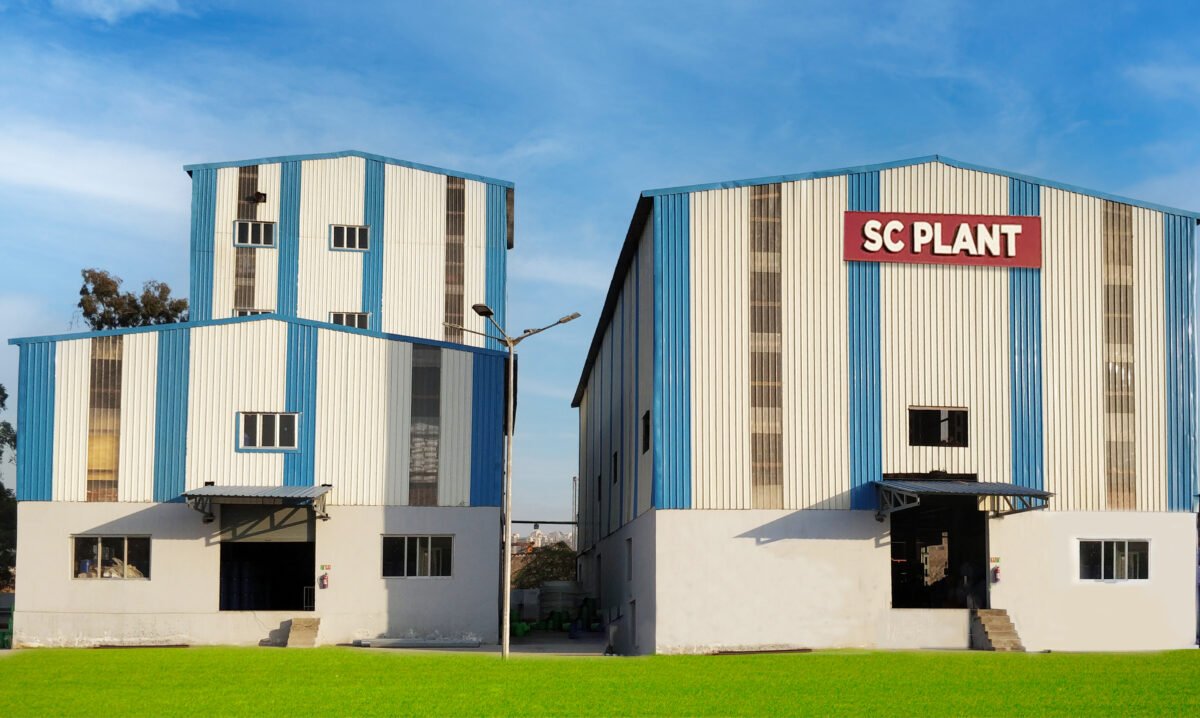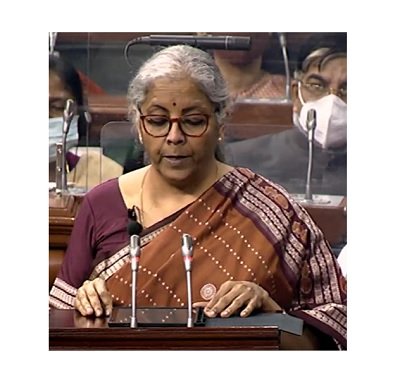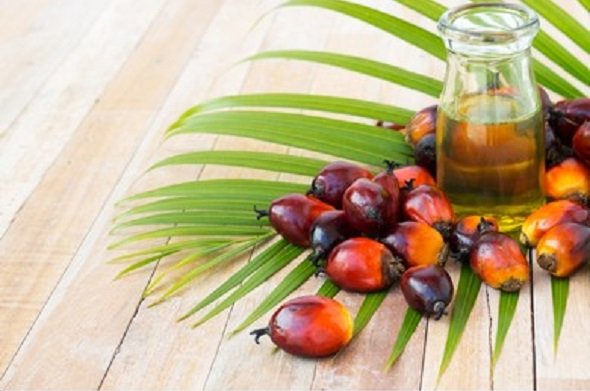AAF launches new grant application
The deadline to apply for this grant cycle is March 30, 2022, at 5 pm EDT
The AGCO Agriculture Foundation (AAF), a private foundation with the vision to prevent and relieve hunger through sustainable agricultural development, has announced the launch of its new grant application cycle on the theme of “Climate Action Within the Context of Agriculture” for non-profit organisations with grant proposals between $20,000 – $300,000 and located anywhere across the globe.
In alignment with the United Nation Sustainable Development Goal 13 (SDG 13) on “Climate Action” and AGCO’s purpose to deliver “farmer-focused solutions to sustainably feed our world,” the Foundation is accepting grant applications on climate action in agriculture. The AAF grant application platform, through its community investment software partner, Benevity, is running the application cycle from February 21 to March 30. This programme strengthens AAF commitment to its strategic focus areas and AGCO’s Farmer-First strategy while addressing global trends on climate change adaptation and mitigation.
The Foundation’s first grant application cycle for 2022 seeks new project proposals from non-profits that combine various sustainable methods to tackle the specific climate change-related challenges of today’s farming communities.
Grant eligible non-profit organisations must focus on climate action in the agricultural context that also aligns with any of the AAF thematic focus areas such as Nutrition & Sustainable Food Systems, Agricultural Education, Research and Innovation, and Farmer Community Development. The aim is to implement projects that promote sustainable climate solutions for farmers and the agricultural sector to benefit economies while also strengthening community development.
The deadline to apply for this grant cycle is March 30, 2022, at 5 pm EDT.
The deadline to apply for this grant














